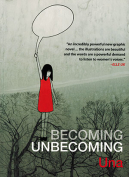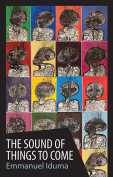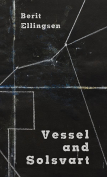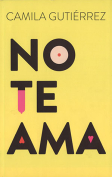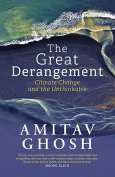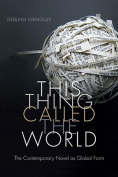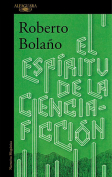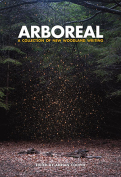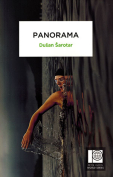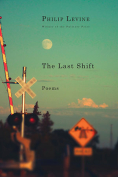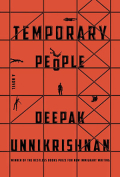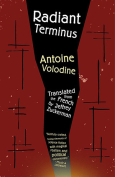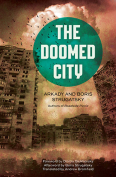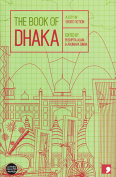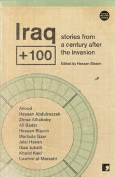Panorama by Dušan Šarotar
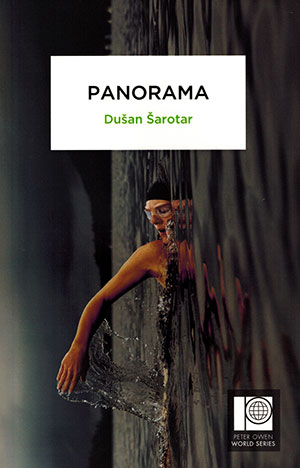 London. Peter Owen / Istros Books. 2016. 200 pages.
London. Peter Owen / Istros Books. 2016. 200 pages.
This deeply engaging work traces the intersection of the narrator—a stand-in for the Slovenian author—with other wandering souls encountered across Europe from the former Yugoslavia and elsewhere. Notable among these is Gjini, an Albanian whom the narrator meets in two contexts: first as his driver and guide in Galway, then again as a journalist in Ghent. In fact, this “genie” of a companion effectively grants the author further narrative—as a portal into others’ migratory experiences.
Brilliantly evocative black-and-white photos by the author trace the text’s moods, showing—among other, perhaps happier scenes of people and buildings beautiful in themselves—also the pocked, eviscerating shoreline, the intransigence of water and floods, walls and crashes, and an ephemeral present, redolent with displacement and statelessness, waiting and mourning. Evocation of these states is this book’s main achievement.
The debt to W. G. Sebald—in photos and narrative approach—is acknowledged with an early allusion to Austerlitz. Rather than placing primary importance on who is doing what, the hydraulic ebb and flow of Panorama’s sentence waves subsumes the role of narration. The effect is foregrounded explicitly in the text: “Words were rolling like multicoloured marbles, the glass eyes scurrying away, hiding beneath the table, ducking out of sight for a moment as if waiting for inspiration, then taking off again; I felt that maybe if I could freeze them, at least for a second, could read their placement in the room, I’d be able to capture the thought, the long sentence that was both hiding and revealing itself to me in seemingly random images.”
This narrative style is handled adroitly in Rawley Grau’s translation, with a poet’s honed grasp of vowel play, consonance, and the piling of clauses, how these direct the rhythm of our thought and how this rhythm orchestrates our visceral apprehension of something communicated beyond the content of words and scenes. Giving oneself to these meditative rhythms represents the true depth and joy of this novel—and it is a spiritual joy.
Indeed, the epigraph of Panorama, from Mark 13:34, captures this dual register: “It is like a man who has left his home and gone on a journey” evokes the migrant’s narrative; yet this biblical verse actually speaks of Jesus leaving the earth, leaving behind his disciples—and by extension, all humanity—to dwell in a state of readiness for his return. This waiting implies stewardship; it implies responsibility for the earth and its inhabitants while the master of the house is away.
Although Panorama offers no answers, its dignity and artistry fulfill an implicit contract—that the heightening and condensation which accompany masterful narrative transformation can be part of a process that, somehow, redeems. By participating as readers, the author at least grants us observer status, in this finally quite-focused collage, on a great unfolding shift underway in the security and movement of a large swath of humanity. What we do with this knowledge is up to us.
Andrew Singer
Trafika Europe
Get the book on Amazon or add it to your Goodreads reading list.

